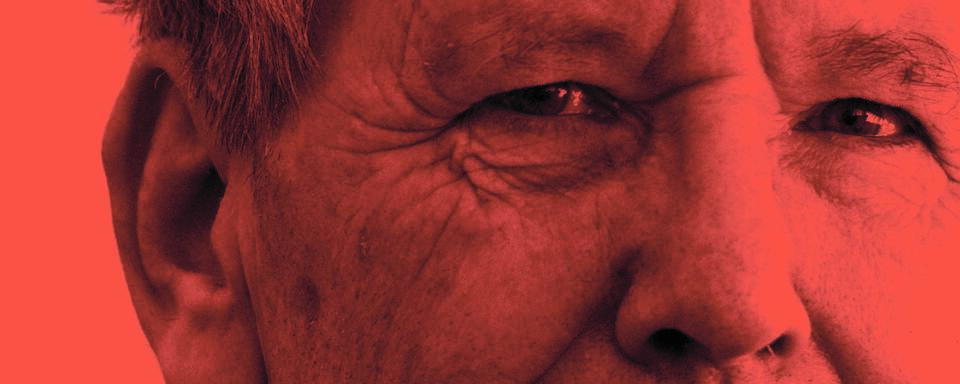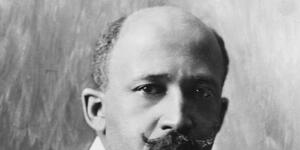
Amos Oz, Netanyahu’s Israel, and the Future of Dissent
Guest post by Ranen Omer-Sherman
With each passing day, the loss of Amos Oz’s (1939-2018) voice of conscience and integrity weighs more heavily on Israelis and on her critical lovers across the globe. At the time of this writing, over 100,000 Israelis have taken to the streets to protest the far right Netanyahu government’s unprecedented assault on democracy, human rights and the rule of law. Were he still with us, Oz would undoubtedly be at the forefront of these protests. Unfortunately, Israel’s once renowned triumvirate of conscience, Oz, together with A.B. Yehoshua and David Grossman, has now sadly been reduced to only the latter (who, I’m delighted to note, contributed his previously untranslated reflections on Oz’s political essays to the volume. Israeli writers and artists are facing an increasingly censorious climate and legal scholars and average citizens alike now seriously believe that we are facing the imminent loss of Israeli democracy, not to mention the potential annexation of the Palestinian territories. And that is all the more reason to reconsider the legacy one of the country’s most illustrious voices of dissent.
Born a decade prior to the establishment of the state of Israel, in what was then Palestine under British rule, Oz’s life spanned the country’s entire history and his fiction and nonfiction restlessly probed and illuminated its fraught conflicts, contradictions and ambivalences. And throughout that illustrious career, so many living in Israel and around the world grew to feel themselves personally reflected in or implicated finding their most profound desires, hopes and disappointments to be on full display in his works. To put it plainly, for readers around the world Oz was a literary giant who often seemed to both express the reality of Israel itself and embody the mantle of the biblical prophet, sometimes speaking as sorrowfully or harshly to power as Jeremiah, Isaiah, or Amos. Over the decades he often spoke out against military operations in Lebanon and Gaza, urging restraint, and he long sought dialogue with the Palestinians even at a time when doing so led to many denouncing him as “traitor,” a label he often imaginatively interrogated in his fiction and essays, most forcefully in his final triumphant novel Judas.
In the weeks following Oz death, I was so depressed by the magnitude of his loss that I reached out to many scholars whose critical work had helped shape his reputation as well as a few writers of fiction whose literary and moral imaginations were inspired by so many of Oz’s books, whether early subversive narratives of kibbutz, the groundbreaking novel My Michael, his family memoir A Tale of Love and Darkness, or the audacious final novel, Judas. These and a great deal more are explored with genuinely penetrating insight by the book’s contributors.
My own journey with Amos Oz began in the 1970s, as a young kibbutznik still enraptured by the Zionist dream of socialist communalism. Immediately I took comfort in Oz’s capacity for creating affectionate portraits of the dreamers while exposing the conflicts and contradictions of kibbutz life (Where the Jackals Howl, Elsewhere Perhaps, A Perfect Peace). In essence, the socialist communal dream preoccupied Oz from 1965 to 2013, resulting in some of his most critically acclaimed novels and short fiction. Like so many others, I have regularly revisited Oz’s early stories and novels savoring those narratives for their moral seriousness and psychological depths, weighing the dystopian and utopian impulses, the gains and losses, of the most genuinely revolutionary endeavor in modern Jewish history.
In an era when strident forms of populism, fundamentalism, and xenophobia are too often confused with patriotism across the globe, Oz’s voice is more urgently timeless than ever, a potent reminder of the value of critical citizenship everywhere. Throughout Amos Oz: The Legacy of a Writer in Israel and Beyond, many of the eighteen contributors consider both the literary and political dimensions of his career (his famous declaration of writing with “two pens”). The great hope of all of us who invested our time and effort will be that this book will be welcomed both by those who have read Oz over the decades and those who will hopefully discover his powerful imagination in the classroom or beyond.
Ranen Omer-Sherman is Jewish Heritage Fund for Excellence Endowed Chair of Jewish Studies at the University of Louisville. His previous books include Imagining Kibbutz: Visions of Utopia in Literature and Film and Israel in Exile: Jewish Writing and the Desert.

